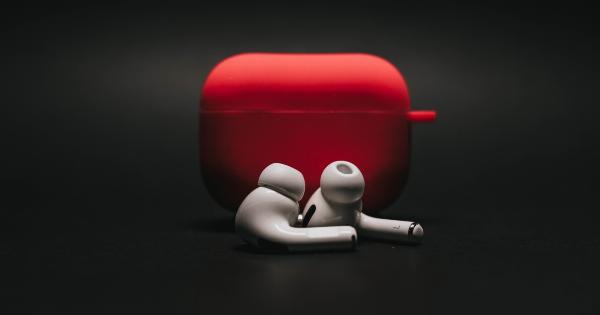As women, it is no secret that we are often very hard on ourselves when it comes to our appearance. With so much pressure from society to look a certain way, it’s no wonder that we can be our own worst critics.
But just how often do women criticize their appearance? In this article, we’ll take a closer look at the research to find out.
The prevalence of appearance-related concerns
According to a 2018 survey conducted by Refinery29, roughly 80% of women say that they have experienced negative thoughts about their appearance within the past week.
In addition, nearly 70% of women said that they feel pressure to conform to certain beauty standards.
These statistics are certainly alarming, and they suggest that concerns related to appearance are a pervasive issue among women of all ages and backgrounds.
The impact of social media
In recent years, social media has become an increasingly influential force in shaping our perceptions of beauty.
Platforms like Instagram and Snapchat are rife with images of seemingly perfect bodies and flawless faces, which can leave many women feeling inadequate and insecure.
In fact, a 2017 study published in the International Journal of Eating Disorders found that the more time women spent on Facebook, the higher their levels of body dissatisfaction, compared to women who spent less time on the platform.
The role of self-esteem
While external factors like social media certainly play a role in our perception of our appearance, our own levels of self-esteem and self-worth also influence how we view ourselves.
Women with lower levels of self-esteem may be more prone to criticizing their appearance, as they may have a less positive overall view of themselves.
On the flip side, women with higher levels of self-esteem may be more likely to focus on their positive qualities and to give themselves credit for their unique attributes.
Cultural differences
It’s worth noting that attitudes towards appearance can vary widely from culture to culture. For example, in some cultures, a curvy figure may be seen as desirable, while in others, a more slender build may be preferred.
A 2015 study published in the Journal of Cross-Cultural Psychology found that women in Western cultures tended to place a greater emphasis on thinness and fitness, while women in East Asian cultures placed a higher value on facial beauty and skin tone.
The impact of age
While concerns about appearance can be present at any age, research suggests that younger women may be particularly prone to negative thoughts about their appearance.
A 2017 study published in the Journal of Youth and Adolescence found that body dissatisfaction tended to peak in girls around the age of 14, and then declined gradually as they moved through adolescence and into early adulthood.
The role of gender
It’s worth noting that although men can certainly experience concerns about their appearance, women may be more prone to these types of negative thoughts.
A 2014 study published in the Psychology of Women Quarterly found that women were more likely than men to engage in appearance-based self-disparagement, such as criticizing their weight or facial features.
Coping with appearance-related concerns
So, with all of this in mind, what can women do to cope with appearance-related concerns and avoid the trap of self-criticism?.
One key strategy is to focus on self-care and self-compassion. This means treating your body with kindness and gentleness, rather than constantly berating yourself for perceived flaws.
Other strategies may include seeking support from friends and family, practicing mindfulness and meditation, and finding ways to challenge societal beauty standards that may be contributing to negative self-talk.
Conclusion
Overall, it’s clear that concerns related to appearance are a common issue among women.
However, by understanding the root causes of these negative thoughts and finding effective coping strategies, we can begin to cultivate a more positive and accepting relationship with our bodies.





























